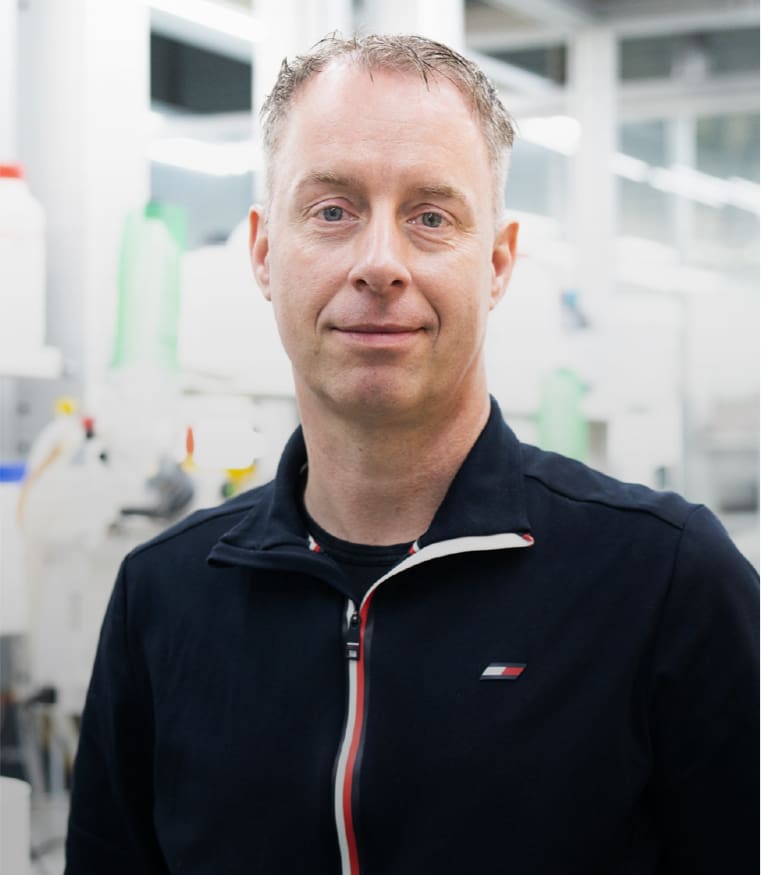A recyclable trinuclear bifunctional catalyst derived from a tetraoxo bis-Zn(salphen) metalloligand
A tetraoxo bis-Zn(salphen) supramolecular host can bind various divalent metal salts, thereby providing access to trinuclear bifunctional systems that incorporate both Lewis acid sites and dynamically bound nucleophilic anions. The formation of these trinuclear species was investigated and their stability features were also determined. The application of these trinuclear complexes as bifunctional catalysts was evaluated in the formation of cyclic organic carbonates from epoxides and CO2. The catalytic data, in combination with control experiments, clearly demonstrate that these trinuclear compounds show much higher recycling potential compared to various control compounds and they can be used in up to five cycles without an observable loss in activity. Furthermore, this new recyclable catalytic system does not require any additives and can be applied under solvent-free conditions.

M. V. Escárcega-Bobadilla, M. Martínez Belmonte, E. Martin, E. C. Escudero-Adán, A. W. Kleij
Chem. Eur. J. 2013, 19, 2641-2648
DOI:
Go to the journal

Let's create a brighter future
Join our team to work with renowned researchers, tackle groundbreaking
projects and contribute to meaningful scientific advancements




















